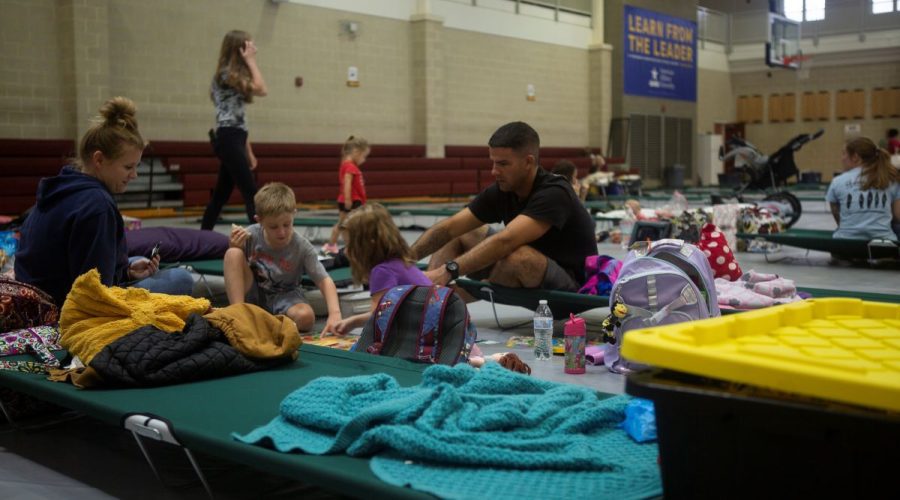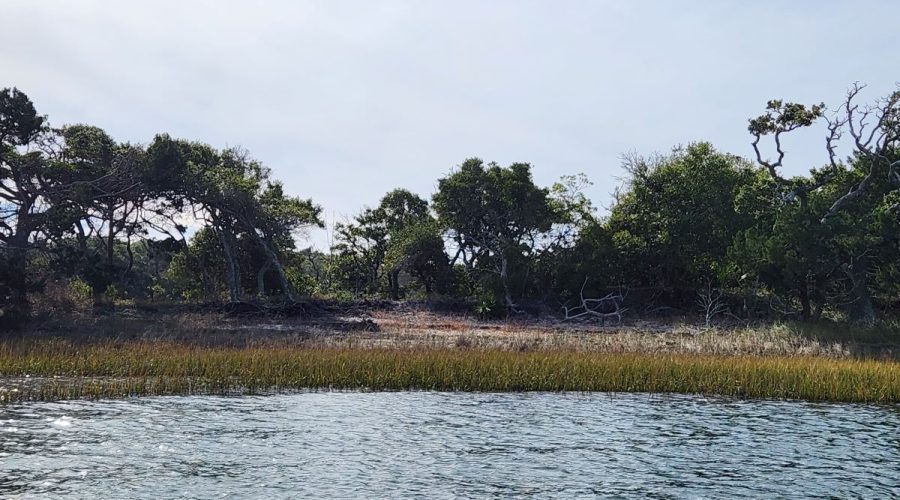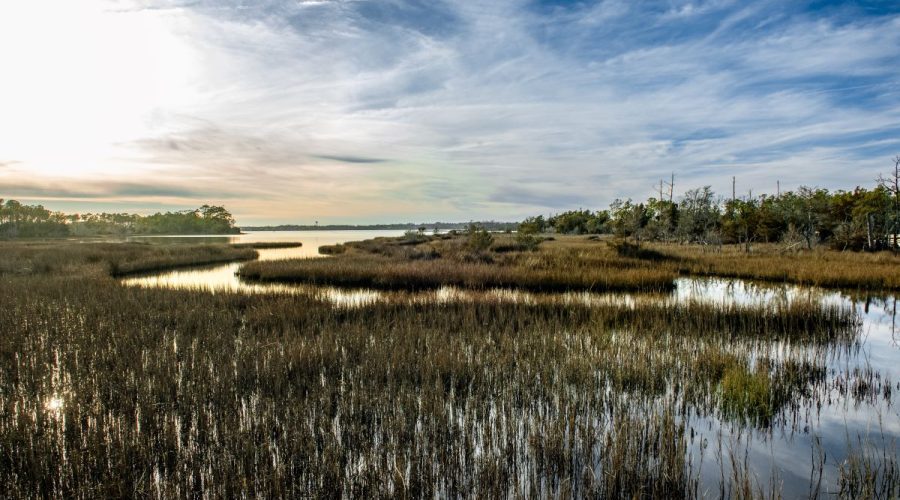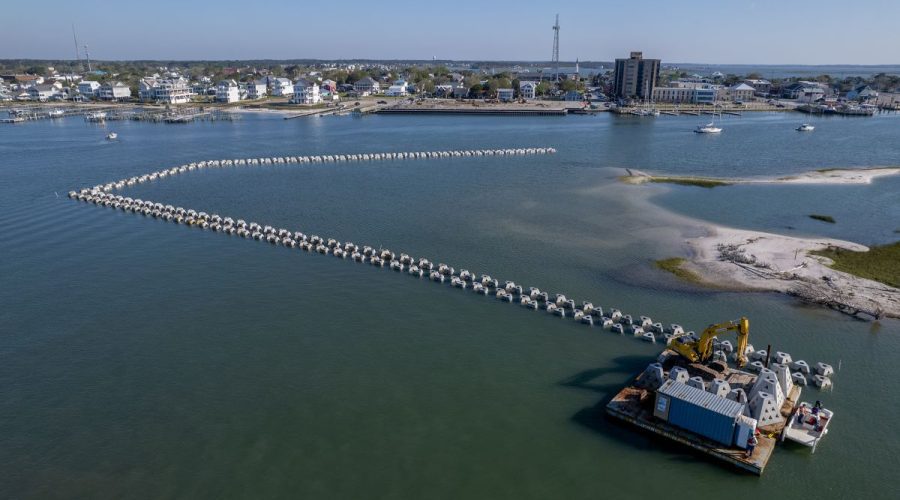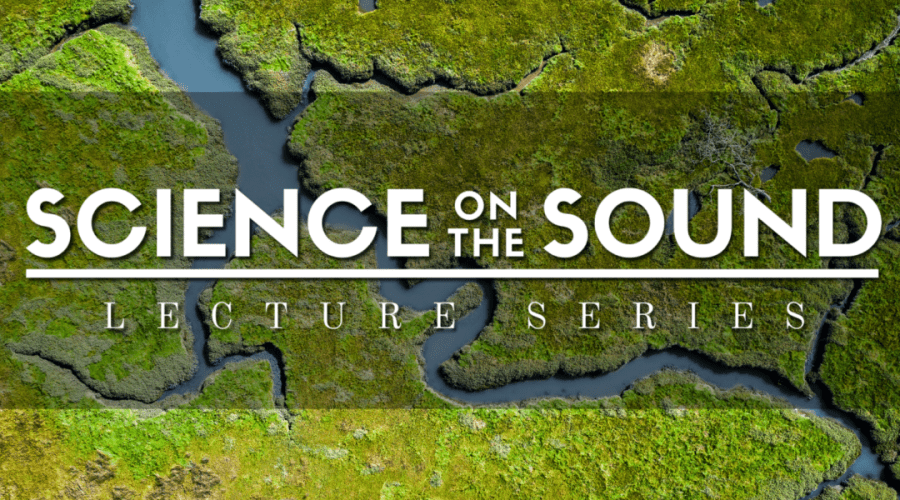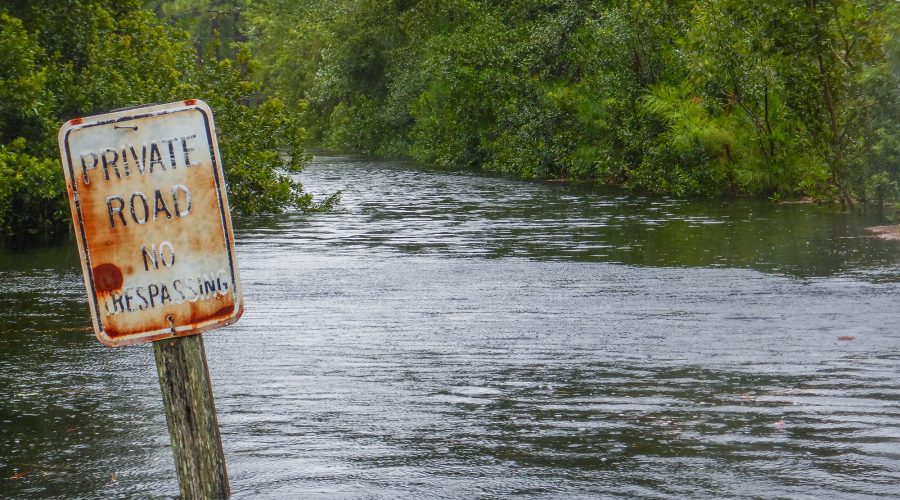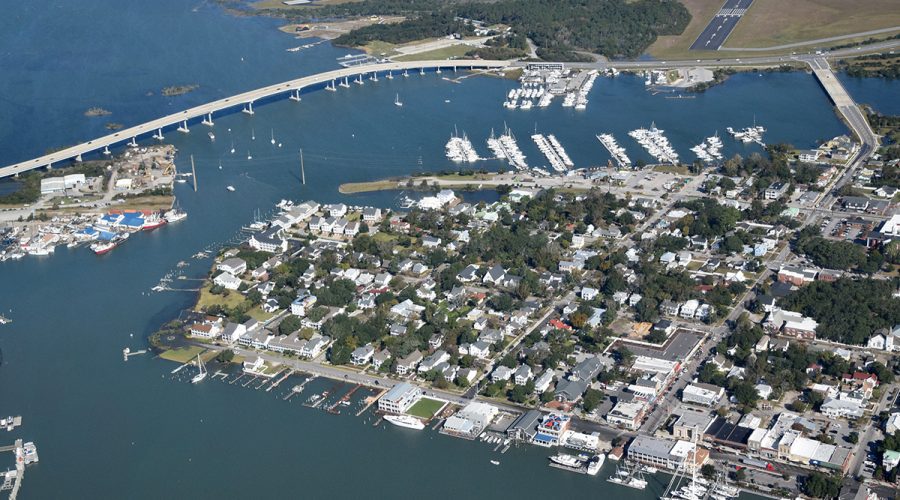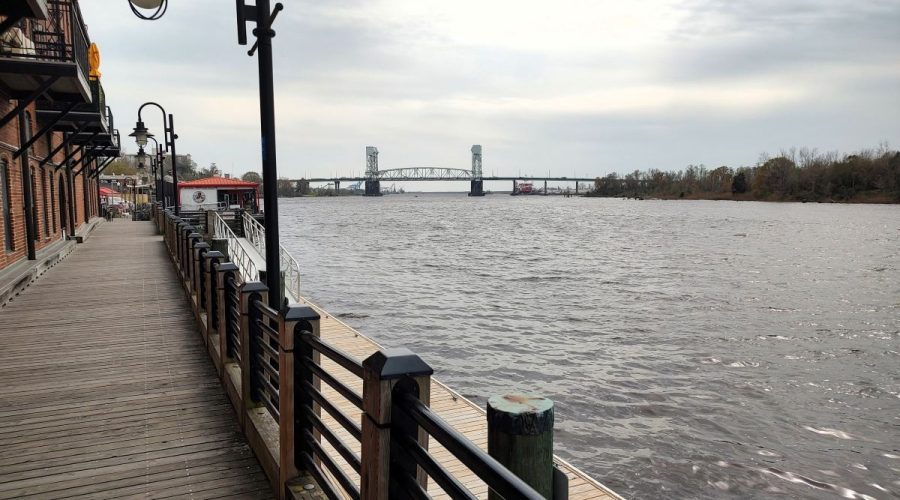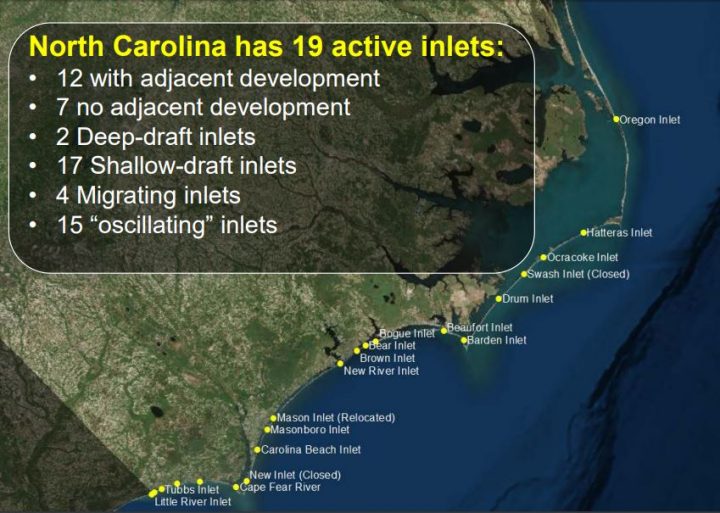One scholar calls the seven-night, eight-day University of North Carolina Wilmington summer class an “eye-opener” to the environmental issues coastal North Carolina faces.
climate change
Chris Herndon joins NC Sierra Club as chapter director
The environmental organization’s new chapter director has spent most of the past 12 years in executive leadership roles with the United Way.
Hurricane season begins; officials advise detailed planning
While forecasters see a “very high chance of a very active hurricane season,” the main point to remember is that preparation is key because it only takes one storm to disrupt lives.
Tyrrell County, Hammocks Beach projects town halls set
The public meetings scheduled for June 11 in Columbia and June 12 in Swansboro will focus on the archaeological discoveries uncovered at Scuppernong River Dedicated Nature Reserve, Alligator River Game Lands, both in Tyrrell County, and Hammocks Beach State Park in Swansboro.
Tree rings show summer 2023 was hottest in 2 millennia
After last year’s record-breaking temperatures, forecasts for this summer indicate another scorcher ahead, just as researchers find more troubling climate data and elected officials point to relief efforts.
New plan details strategy to save, restore NC’s salt marshes
The North Carolina Salt Marsh Action Plan released Wednesday has the overarching goal “to protect, restore, and facilitate the migration of salt marshes in North Carolina to minimize loss of function, benefits, and acreage through 2050 and beyond.”
Sugarloaf Island hybrid restoration project sees progress
Work is moving forward on a project to install wave attenuation devices, a living shoreline and seagrass to help restore the rapidly eroding barrier island that protects Morehead City’s downtown waterfront.
Burnin’ up: State offers help for top weather-related killer
North Carolina climate and resilience officials say the heat action toolkit they have developed is a customizable guide for local governments to more successfully prevent heat-related deaths amid rising global temperatures.
Climate change and health subject of next science talk
Dr. Alex Hodges, a clinical professor in ECU’s college of nursing, will present “Ready for Change: Building Effective Climate Readiness” at 6 p.m. Thursday, May 23, in the Coastal Studies Institute in Wanchese.
Cooper sets $148M aside for environment in FY 25 budget
The Cooper administration has recommended more than $148 million go toward conservation and resiliency in his proposed fiscal 2025 budget released last week.
Street inundation linked to elevated bacteria in creek: Study
N.C. State researchers found elevated levels of fecal bacteria in water samples collected from a tidal creek in Beaufort and town streets following rainfall.
State urges public to prepare for predicted extreme heat
Hear from climate scientists, public health professionals and policy specialists during a webinar April 17 on the state’s rising temperatures.
April 12 workshop to emphasize sustainable practices
The seminar in Surf City will feature speakers from the North Carolina Coastal Federation, Plastic Ocean Project, NC Green Travel Initiative, Ocean Friendly Establishments, UNCW’s Center for Innovation and Entrepreneurship and the Topsail Island Shoreline Protection Committee.
Sinking land could exacerbate coastal flooding: Study
As sea levels rise and flooding increases, land subsidence will make the problem even worse in some coastal cities, new research finds.
Science panel to continue inlet hazard, sea level rise reviews
The Coastal Resources Commission science panel’s virtual meeting March 15 will resume discussions of updates to inlet hazard boundaries and sea level rise data for a report to the commission in April.
Film on climate change adaption screening in April
There is no charge to attend the screening of the film, which focuses on how residents are facing challenges of climate change, but registration is required.



